According to Mr. Tran Van Binh, Vice President and General Secretary of the Vietnam Association of Realtors (VARS), the revised Land Law recently passed by the National Assembly , effective from January 1, 2025, is a major law, affecting many aspects of social life, attracting the attention of many individuals, businesses, investors, and developers.
The revised Land Law is expected to loosen legal constraints, creating momentum for the real estate market to flourish in the coming time.
According to Mr. Binh, in this law amendment, many provisions have been adjusted to protect the maximum interests of the people. Accordingly, land owners who are subject to land acquisition will receive compensation prices close to the market transaction price.
This is to ensure that people will not suffer losses. This is considered the State's recognition of people who have contributed to the common interests of the locality, region and country. In all cases, people's rights and legitimate interests are guaranteed.
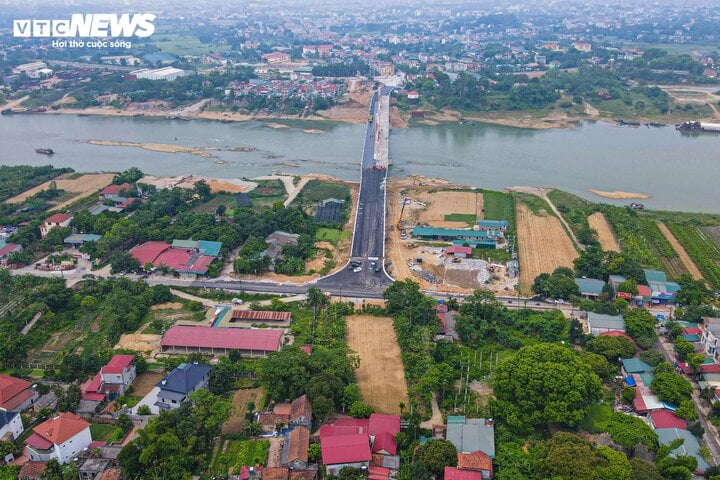
The revised Land Law is expected to help the market thrive. (Illustration photo)
In addition, regarding the issuance of certificates, while in the past many people had to struggle, even "beg" to get certificates, in the new law, this responsibility belongs to the State.
Accordingly, the State must issue certificates to people who are eligible for certificates. These are key points to facilitate the issuance of certificates as well as create conditions for residential and commercial land projects to come into operation. Localities will also have advantages in bidding for land use projects and issuing certificates for housing construction projects.
" If the legal clearance goes as expected, I believe that transactions among the people will also be more tightly controlled, to ensure that the transaction price is true to the real value, creating a mechanism to help control the real estate market. From there, support the development of the real estate market in a safe and transparent direction, " Mr. Binh emphasized.
According to Mr. Binh, the new mechanism will minimize the "request - give" relationship. This will contribute positively to creating a fair competitive environment for real estate businesses.
Real estate businesses that "do it for real" will have easier access to land, and the cost of developing projects will also have the opportunity to decrease. This is also a factor that contributes to making real estate prices gradually approach their real value.
Sharing the same view, Mr. Le Hoang Chau, Chairman of the Ho Chi Minh City Real Estate Association (HoREA) also welcomed the National Assembly's vote to pass the Land Law, especially the law has many outstanding highlights such as allowing the expansion of the limit for receiving the transfer of agricultural land use rights of individuals to no more than 15 times the limit for agricultural land allocation of individuals for each type of land.
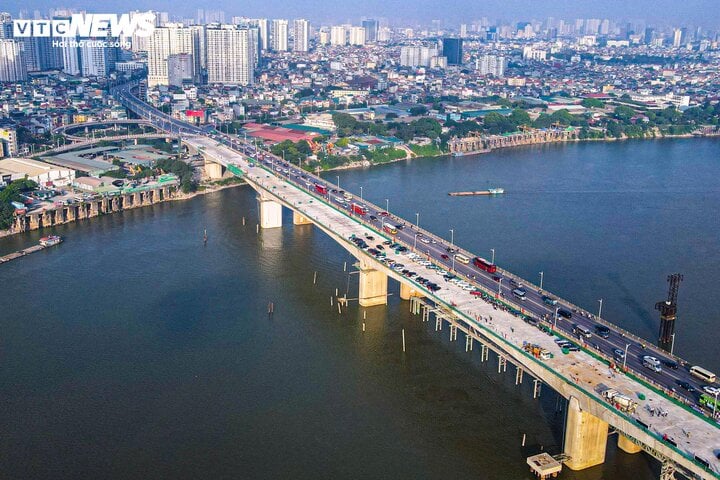
Many legal bottlenecks will be resolved when the Land Law is passed.
From there, agricultural land is facilitated to be used more effectively for the agricultural sector to develop more and more, positively affecting both the economy and the real estate market in the process of urbanization and development of rural residential areas.
" The Association welcomes the revised Land Law which has removed the land price framework and regulated the land price table. Accordingly, the land price table is built annually and the first land price table is announced, applied from January 1, 2026, adjusted from January 1 of the following year, which will help the land price table approach the market land price ," Mr. Chau emphasized.
According to Mr. Chau, the revised Land Law has specifically regulated land allocation and land lease through auction of land use rights for clean land created by the State, or land allocation and land lease through bidding to select investors to implement investment projects using land for land that has not been cleared.
This ensures that the interests of land users whose land is recovered are compensated at the correct market price, and are resettled with priority given to on-site resettlement. Investors also know clearly the costs and time to complete compensation and site clearance, and are allocated land to implement the project, and there is no longer a situation of speculators hiding behind the landowners, causing difficulties for investors.
Mr. Chau said that the revised Land Law will create very favorable conditions for land use to promote investment activities in production and business development (excluding commercial housing projects) such as developing projects in industrial parks, economic zones, high-tech zones, high-tech agricultural zones, industrial clusters, production and business establishments, trade, services, tourism, healthcare, education, scientific research, parks, entertainment areas, etc.
Similarly, Prof. Dr. Hoang Van Cuong, Member of the Finance and Budget Committee, Vice President of the National Economics University, also commented that the revised Land Law this time opens up many ways to access land for projects.
In recent years, projects have had difficulty accessing land, not because we intentionally made it difficult, but because some regulations are not really clear. For example: the method of determining land types, which projects are allocated land; which projects must go through bidding, auction, the mechanism for determining auctioned land prices... This law basically sets out those methods relatively clearly.
“ When the revised Land Law is passed, businesses will have more favorable access to land. At that time, supply may increase, solving the housing shortage. However, this supply also depends on many other factors such as investor capacity and other financial policies ,” Mr. Cuong commented.
On January 22, Deputy Prime Minister Tran Hong Ha chaired a meeting with leaders of several ministries and branches on the implementation plan of the revised Land Law approved by the National Assembly at its 5th extraordinary session.
Deputy Prime Minister Tran Hong Ha requested the Ministry of Natural Resources and Environment to preside over and coordinate with the Ministry of Justice to review and submit to the Prime Minister a plan to issue documents guiding the implementation of the revised Land Law. Along with that is a project to communicate policies and disseminate the law.
The Deputy Prime Minister assigned specific responsibilities to ministries, branches and localities in developing, perfecting and promulgating, under their authority, documents guiding the revised Land Law, ensuring simultaneous, synchronous and unified effectiveness.
Chau Anh
Source


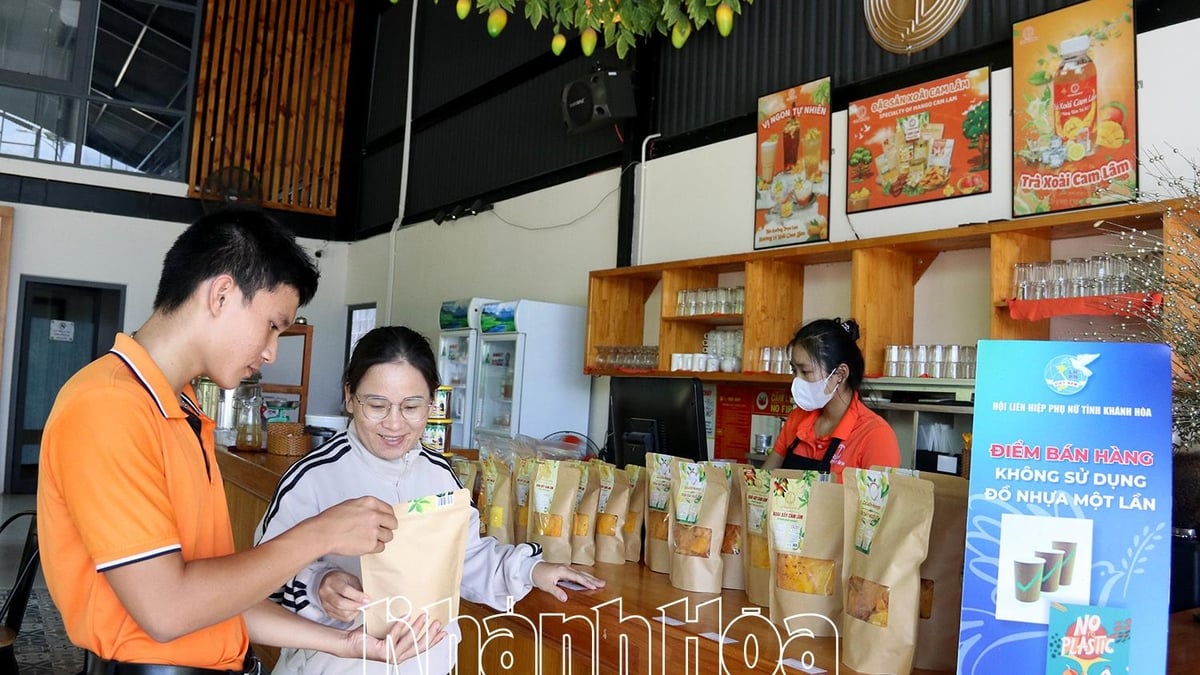

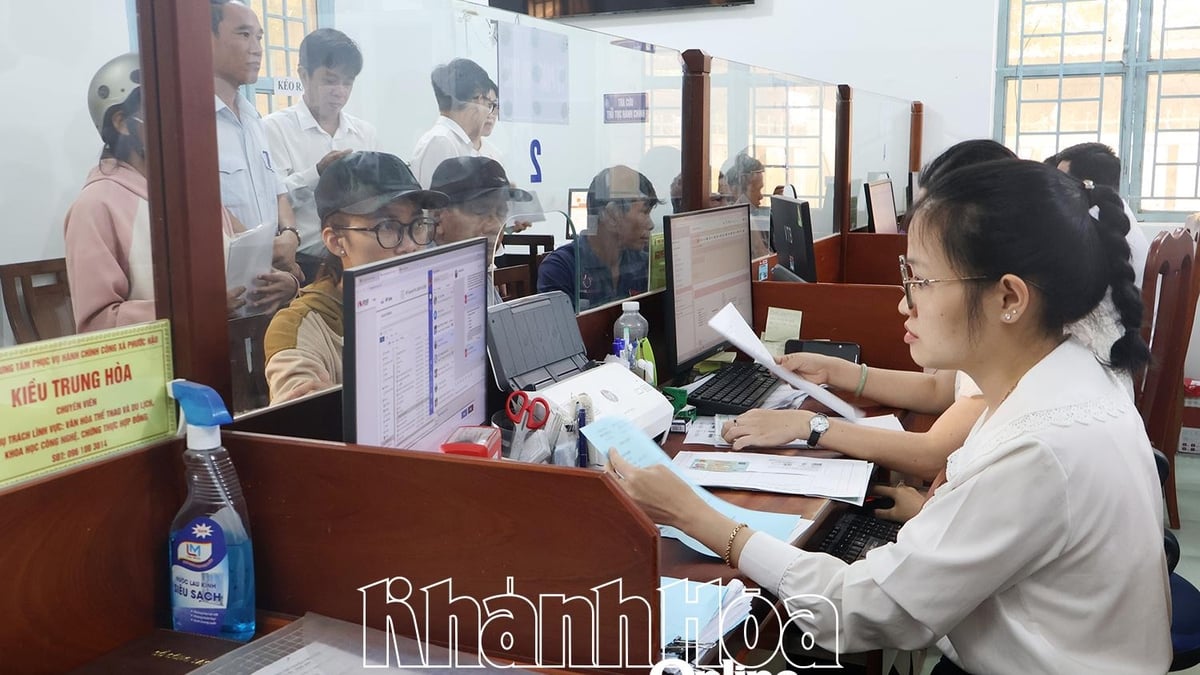


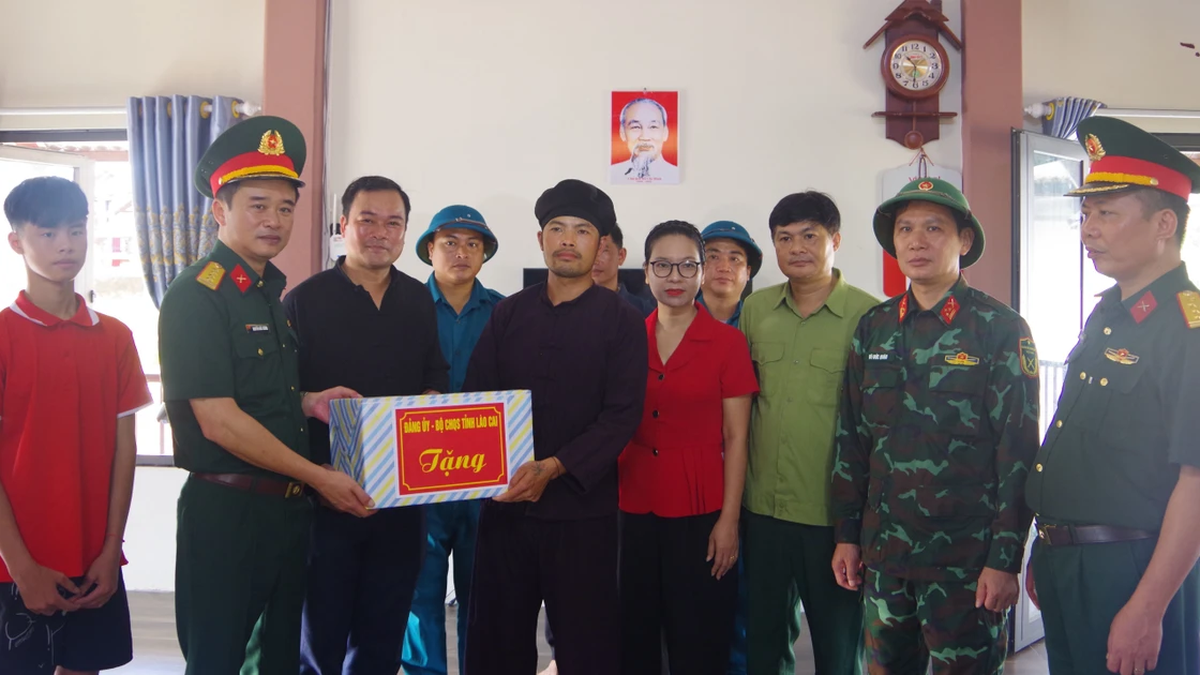
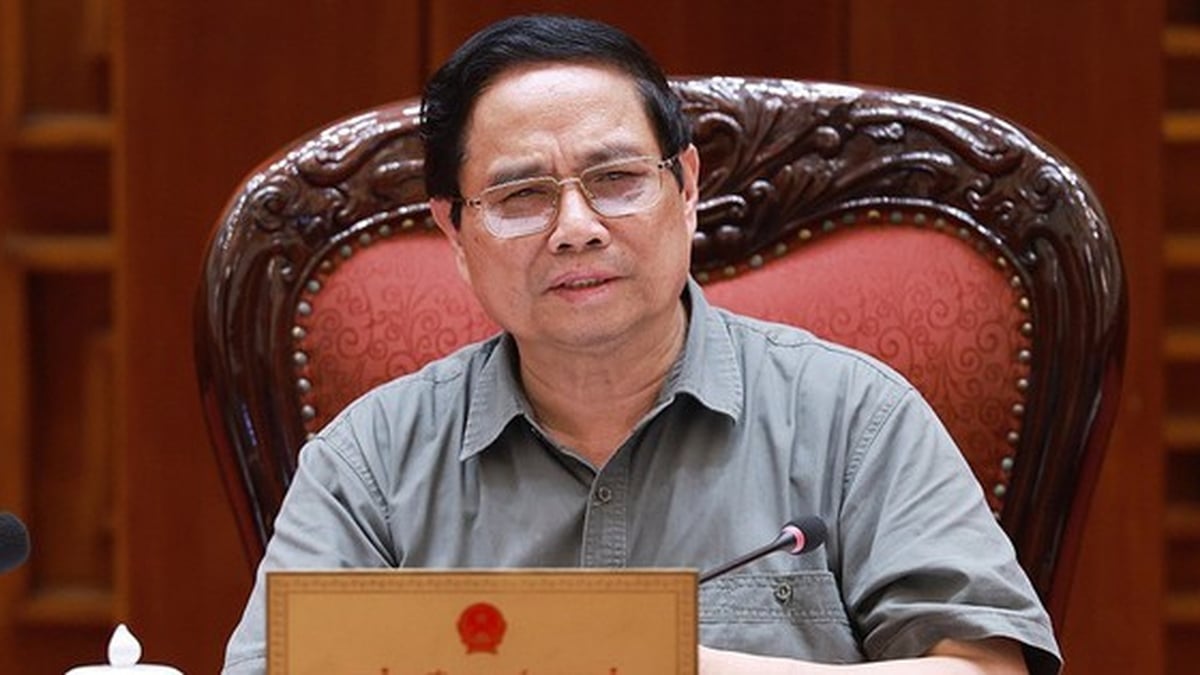

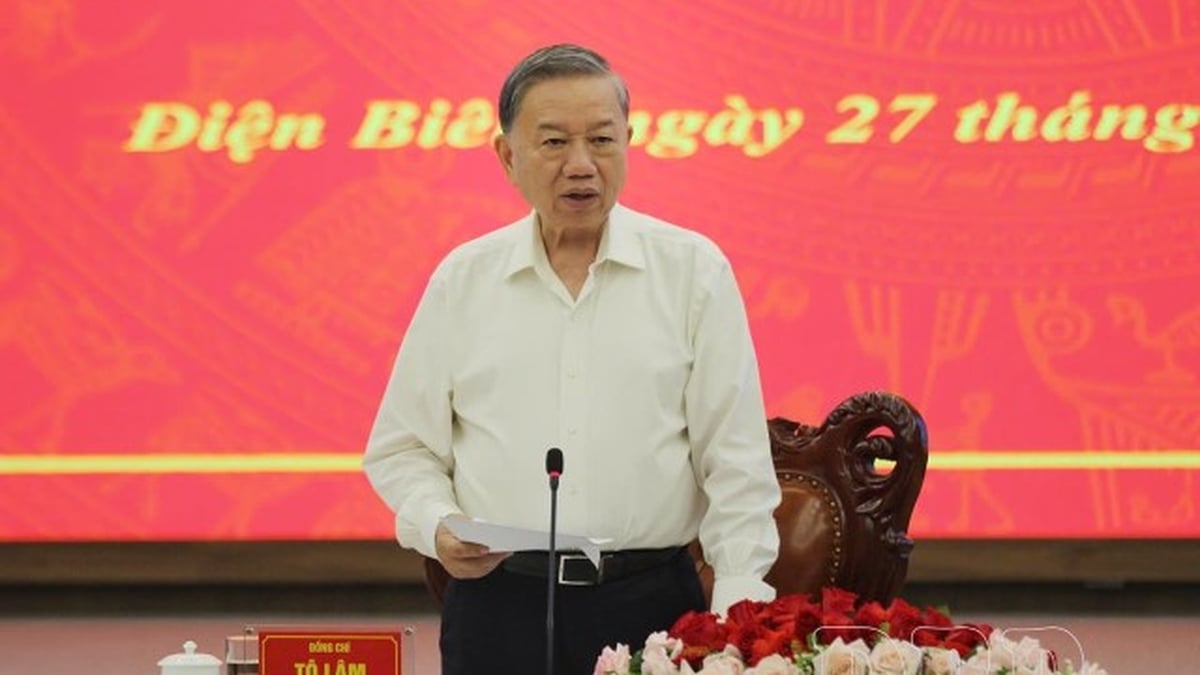
























































































Comment (0)